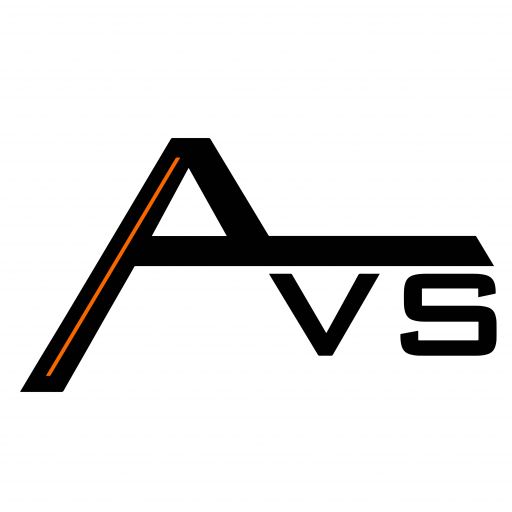The challenge for eye care providers in the 21st century is finding innovative solutions to build capacity within servicers in the face of diminishing resources which maintaining delivery of high quality care.
Dawn A Sim, Moorefield Eye Hospital
Aston Vision Sciences Ltd. is developing a low cost, portable instrument for the early diagnosis of eye diseases. Based on a patent pending illumination system, full front to back capture of eye data will now be possible with our comprehensive instrument. Coupled with newly available machine learning algorithms and higher fidelity image capture, a whole host of eye conditions ranging from corneal, cataract or even glaucoma abnormalities can be objectively detected with our single, go- to solution, thereby enabling earlier diagnosis, better chances of recovery and overall, far more efficient delivery of care.
Current competitor offerings follow traditional methods of patient assessment which have not kept up with new technological developments. Instruments tend to be unnecessarily large in size, non- portable and produce simple data that is ambiguous and requires experienced clinicians for accurate interpretation. An increasingly older population coupled with longer waiting lists requires different thinking and a new approach to help identify patients in need and a proactiveness in referring them for treatment as early as possible. As the world’s population continues to grow and age, new modes of reaching patients struggling with health and mobility issues needs to be addressed to reduce ever greater numbers from missing urgently needed help.
Recent Covid-19 lockdowns around the world have added to the pain by restricting patients’ access to care in non- life threatening circumstances leading to long backlogs of untreated cases. Many eye conditions do have cures but only if identified and treated early and there is a growing international sense of urgency due that many patients may lose vision due to simply being denied access to care.
Working in collaboration with Aston University, Aston Vision Sciences is focused on providing new levels of diagnosis which will surpass current device limitations and be appropriate for all age ranges. High standards of care will no longer be confined to clinical settings but will be portable and require lower operator training meaning that a single clinician will be able to perform the same tests in domiciliary settings as in clinic or hospital spaces but with our equipment able to meet the additional requirements of older patients. The unique illumination system we are developing allows for high quality image and video capture, even in difficult conditions. Summarily, this not only means a more comfortable patient experience, but the ability to monitor recovery progress, and all while relieving demand on overstretch and underfunded hospital services.






